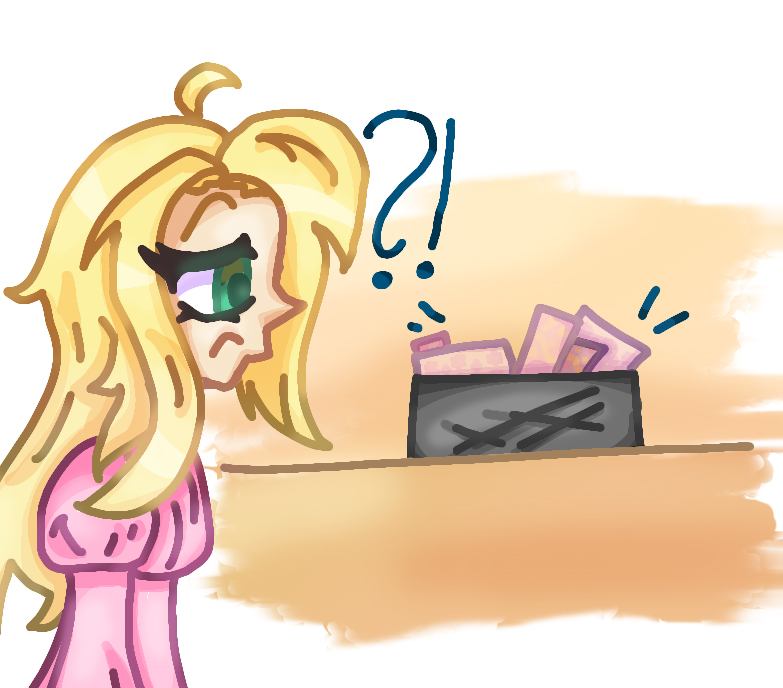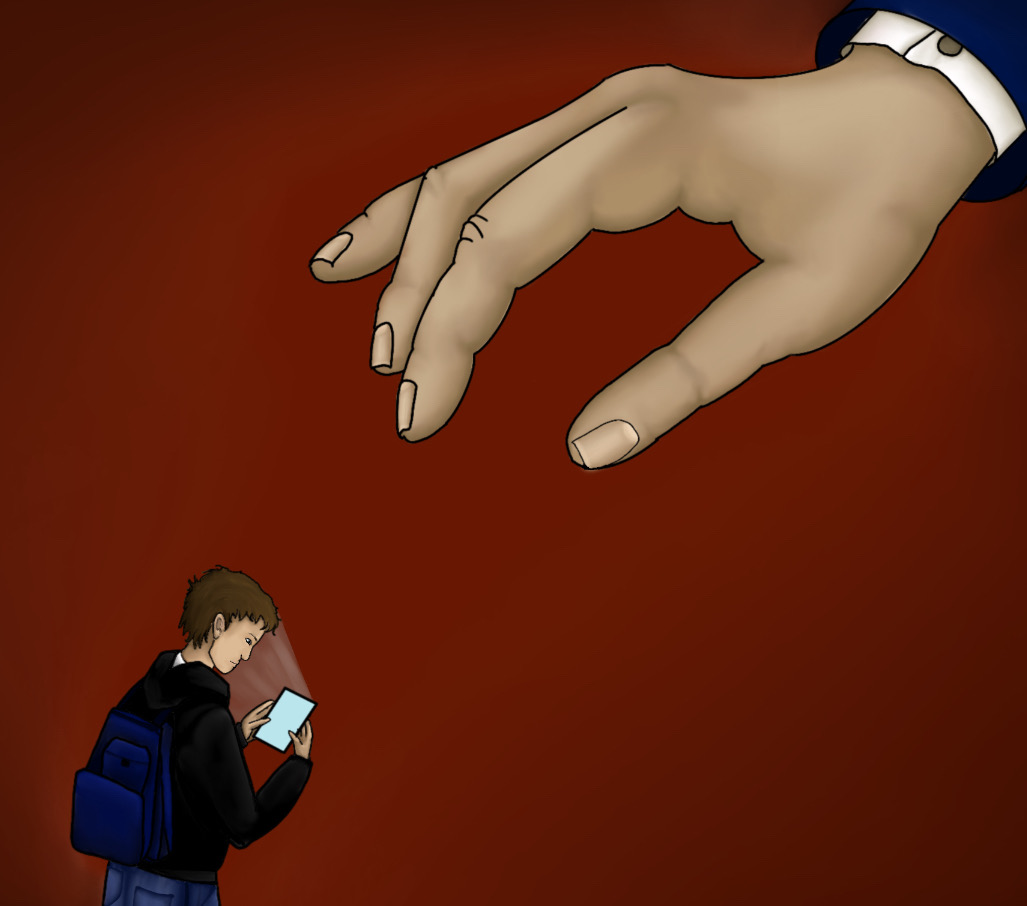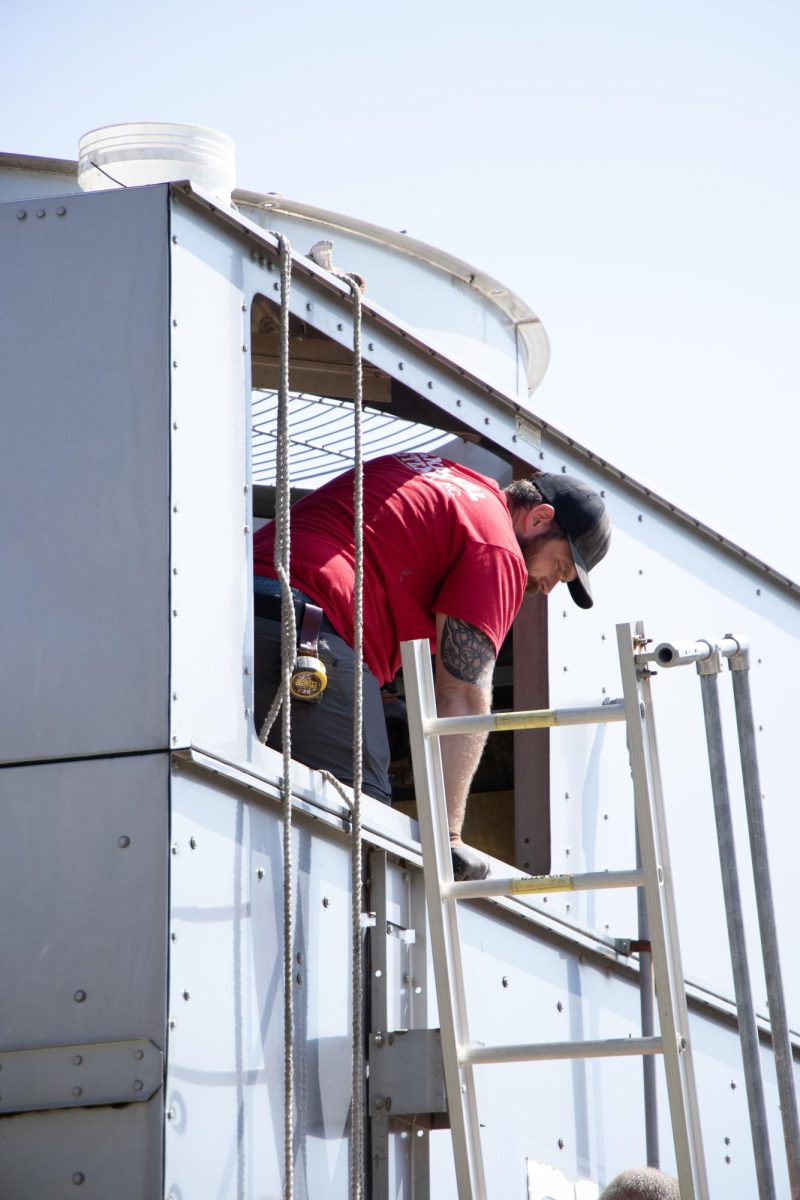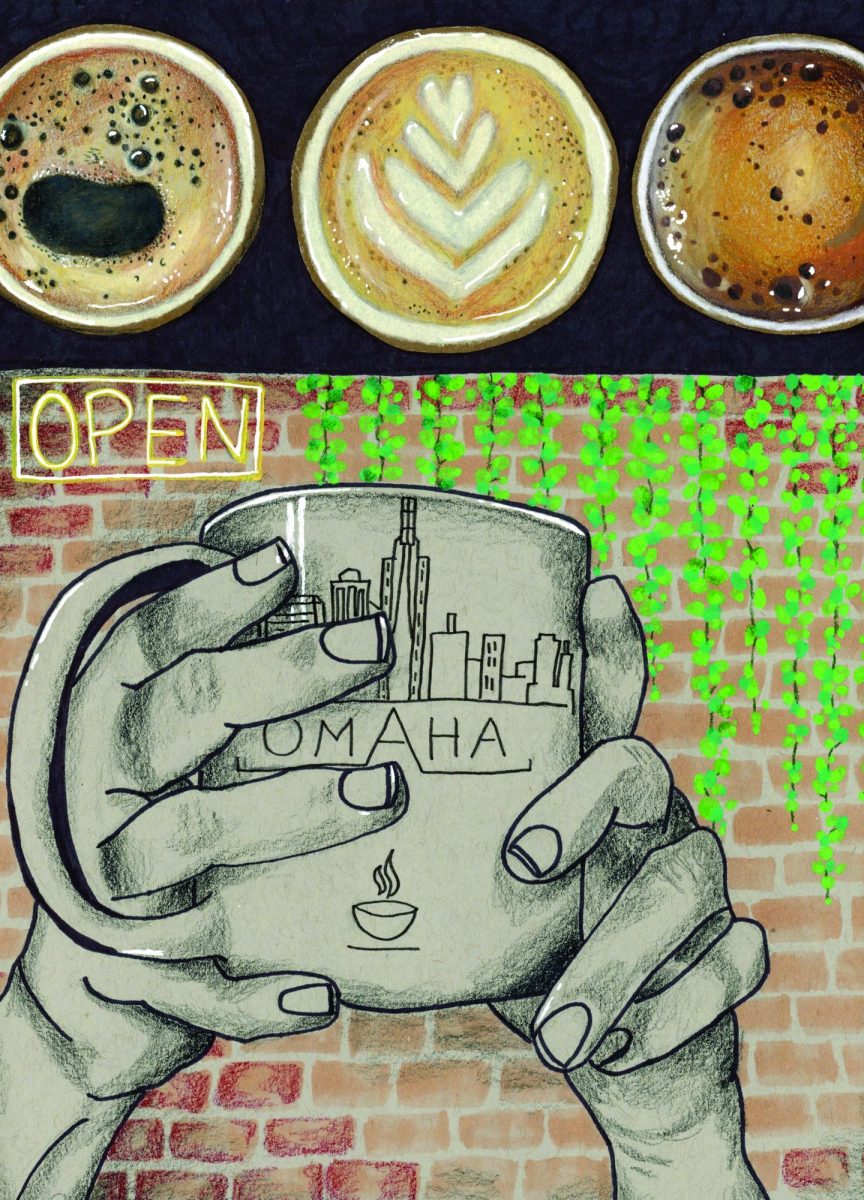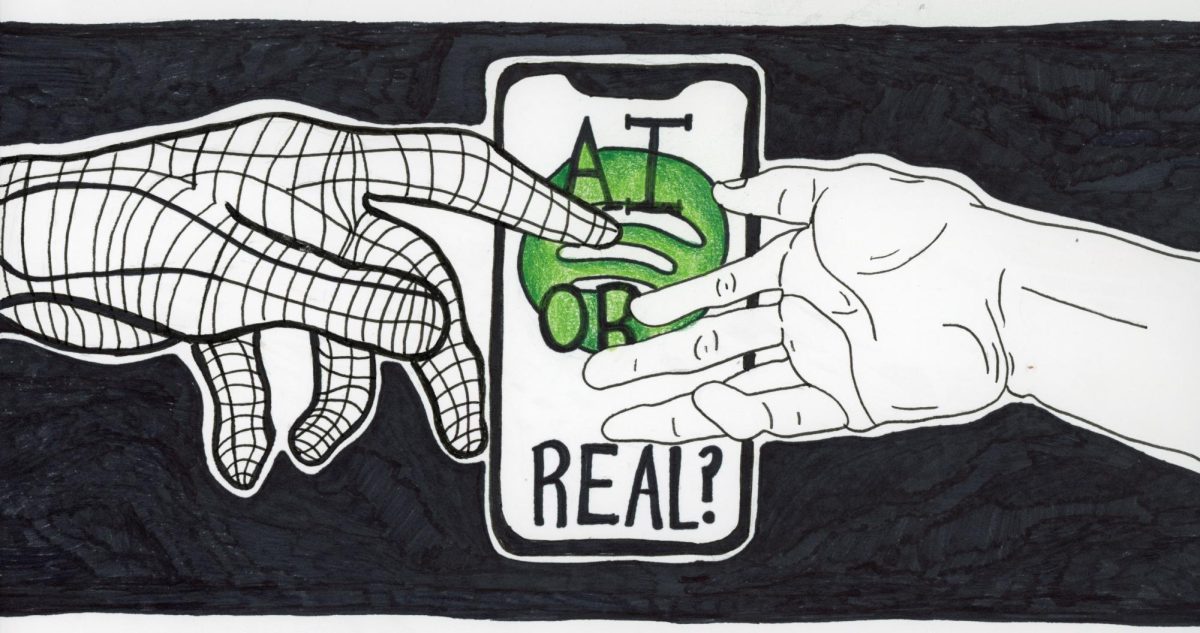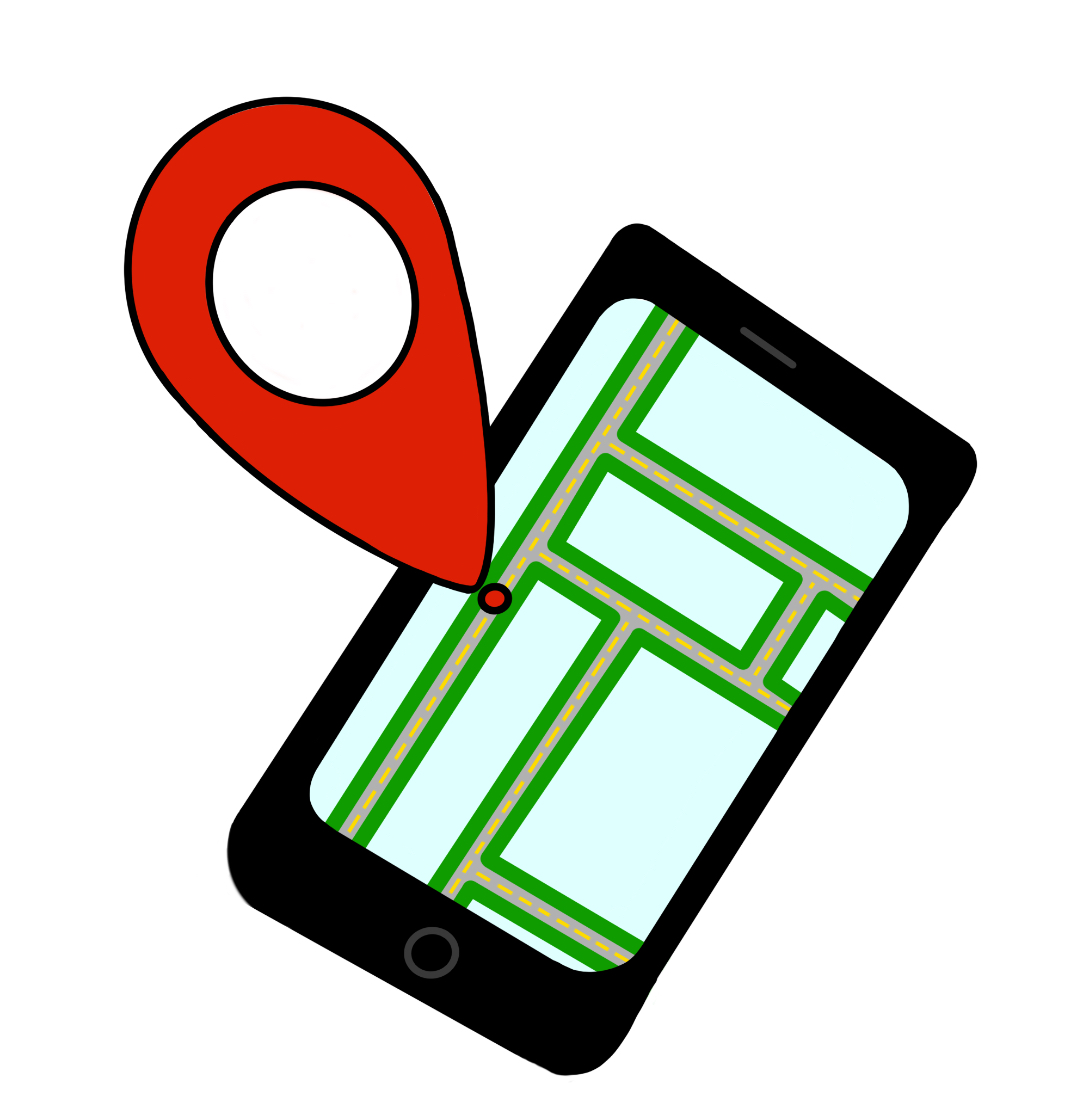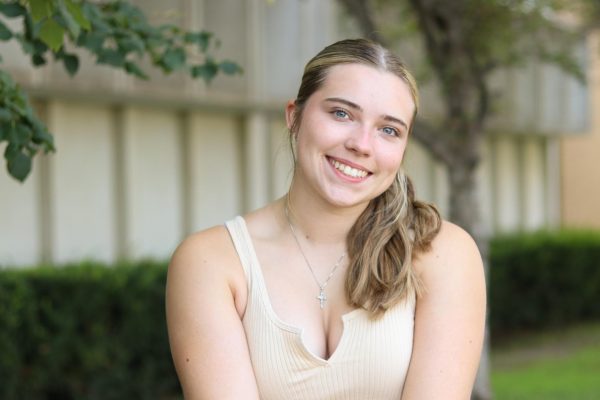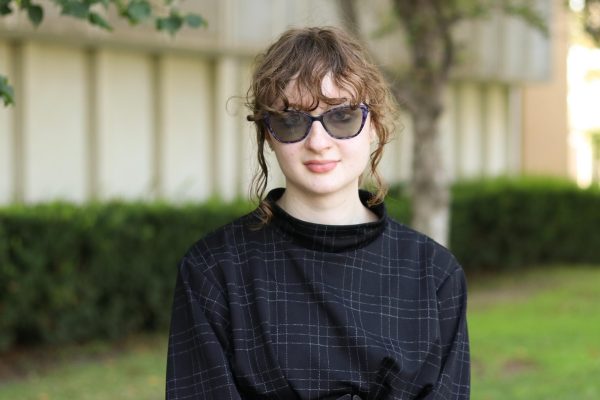All over America, schools are grappling with the issue of menstrual product access, as advocates push for free menstrual products in restrooms, classrooms, and nurses’ stations. According to a 2021 report by an advocacy group named PERIOD, one in four students struggles to afford the necessary supplies to handle a period. This struggle leads to students missing classes and disrupting educational time. As more and more issues arise with the need for menstrual products, the state of Nebraska is working to stop this poverty and lessen the stigma around periods.
Larianne Polk, the Chief Executive Officer of Educational Service Unit Coordinating Council, also known as the ESUCC, is working alongside many partners to make this dream a reality.
“When students don’t have access to the products they need, it can lead to embarrassment, missed class time, or even skipping school altogether. That directly impacts learning,” Polk said.
The Menstrual Products Pilot Program was created by the Nebraska Legislature, and it provides up to $250,000 from the Education Future Fund for the 2025-2026 school year to make free menstrual products (pads and tampons) available in schools, Polk said.
This new law allows schools that are labeled as ‘needing improvement’, or at 40% or more poverty within their student body, to receive this funding and are able, and required to stock pads and tampons in their student restrooms, and the funding comes directly from Nebraska’s Cooperative Purchasing Program.
However, as our 2025-2026 school year came around, we saw no change in the product access. This led to many questions within our student body, and many people were left puzzled and without answers.
“Millard isn’t designated as a ‘needs improvement’ school, so it was not included in the funding at this time,” Polk said.
“[However] the pilot is designed to gather data to show the impact of providing free menstrual products in schools. If the results demonstrate positive outcomes, there may be opportunities in the future to talk with the Legislature about expanding the program so that more schools can participate,” Polk said.
As school continues on, we will not be receiving free products through the pilot program; however, not all hope is lost. All Nebraska schools are able to purchase menstrual products via the Nebraska Cooperative Purchasing Program (NCPP). These products provide not only quality but also decent cost savings for schools. Alongside purchasing products at low cost, within our school, there are already people at work to help solve this problem.
“I have been working with Access Period to get greater access to period supplies for almost a year now,” senior Raven Cranny said.
Access Period, a Company based here in Omaha, is working alongside Millard South to try and end pieces of stigma within our schools. Chelsea Driscoll, a staff member from Access Period, has been working with Cranny to disperse 1-Month kits full of menstrual products in the Patriot Pantry and, as of December of last year, in some classrooms. These kits include 25 pads or tampons, 10 liners, personal wipes, disposal bags, and period education. And even then the potential for menstrual products doesn’t end.
“If Millard South would like to talk more about providing free menstrual products in another way, such as in restrooms, we would be very open to a conversation about that,” Kristin Lowrey, the founder of Access Period, said.
Every day of high school matters. Every class spent learning something new, every pride time making new friends, and every second spent walking these halls full of peers. No one should have to miss these opportunities, especially for something that has a simple answer. With more access to menstrual products, students can be more present, more involved, and more confident as they walk these halls every day.
“I saw a gap in care and decided to take it on. I found that there was a huge need in Omaha and Greater Nebraska, but no one was tackling this specific problem directly. So I gave it a shot,” Lowrey said.
So, although we may not have access through the new Pilot Program, we can still have access to period products. Through compassionate companies similar to Access Period or the NCPP we may be able to distribute Menstrual kits throughout Millard South.
“We envision a future where menstruation is no longer a barrier to work, education, or life, and periods are free of stigma and shame. Once we can normalize periods and break through the shame and stigma surrounding menstruation, I believe period poverty will be something future generations won’t even be aware of,” Lowrey said.
“We’re meeting people’s immediate needs, normalizing periods, and making period products more accessible in more places,” Lowery said.

